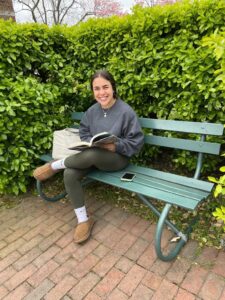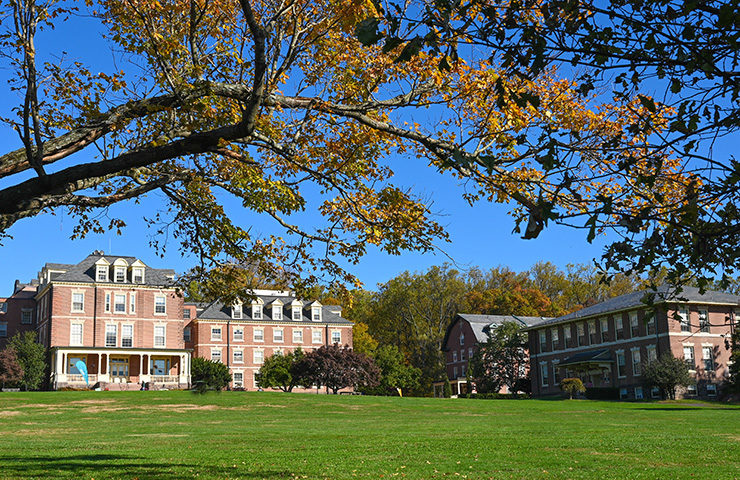
Head of School Sam Houser shared the following message with the George School community:
Along with George School Board members and other members of the school’s administration, I have been following the Black@GeorgeSchool Instagram account (instagram.com/blackatgeorgeschool) since it went live.
To those who have posted their stories, I write with thanks. The gift of your honesty is invaluable, and I sincerely appreciate your strength and candor. Along with my appreciation, I also acknowledge that it is not the exclusive or primary responsibility of our Black community members to explain their experience or dismantle the racist structures inside the school or in the wider society. In fact, addressing institutional racism begins with institutional leadership and our faculty and staff. Only through our shared commitment and our hard and persistent work will we make the school and the corners of the world it touches fairer, kinder, and simply better.
George School’s Black students and alumni rightly expect better of the school—for it to be a place where there is equitable access to high-quality academics, facilitated by strong advising and course placements; where the path to the future is ensured by equitable advice about colleges and universities; where accomplishments of students are celebrated equally; where the discipline process is fair; where the heritage of Black people is taught and valued; and where the bodies of Black girls and boys are treated with respect.
I believe that some of the work facing the school aligns with the observations and recommendations found in our recent inclusion self-study, a project overseen by Marcus Ingram, who served for the last three years as the Director for Inclusion. Those recommendations include recruiting and retaining a more diverse faculty representative of our student population; ensuring the George School Board and the George School administration are similarly representative and engaged with our community; adopting inclusion goals for courses and for individual faculty members; taking a hard look at decision-making to ensure that the committees, groups, and individuals that make decisions are not unconsciously representing and replicating systems and structures that favor people who look, think, live, and love like them. Not least, the recommendations acknowledge that no one is perfect, that we all have biases, and that we need to learn new lessons from the experiences of others. Not only should we let our lives speak. We need to listen to what other lives are telling us.
This work has begun. Our faculty have adopted inclusion goals. Our recruitment of faculty has brought us excellent and more representative candidates, and our staff and administration—particularly the Deans’ Office—will be more closely representative of the student body, particularly students of color, starting in the fall. The George School Board’s Inclusion Oversight Committee has increased faculty, student, and parent representation, and the Parents Association has created a committee for parents of students of color. The school has also adopted threat reporting and follow-up protocols. And this spring, I committed to implicit bias training next school year for the adult community, including the George School Board.
Inspired by the Black@GeorgeSchool account, a George School Board member has reached out to the Newtown business community to restart conversations begun last year about racial bias and threatening behavior encountered by our students in Newtown.
George School is now revising its curriculum, and in two years, we will have a new academic calendar, new graduation requirements, and a renewed commitment to academic rigor and creativity. Now is the time to enact needed changes in pedagogy, access to courses and diversity of their content, and the path to college and life—which begins the day a student enrolls.
After reading the Black@ Instagram posts, I also want George School to tackle the following:
- Adopt a clear policy regarding harassment and racially charged language;
- Create a vehicle for students, parents, and community members to report any incident confidentially to Rachel Agosto, our new Director of Diversity, Equity and Inclusion or to our Director of Human Resources, Danette Crockett;
- Examine the process for major and minor discipline to ensure it is administered fairly and consistently;
- Bring a diversity, equity and inclusion lens to all of our work, including new student orientation, new faculty, and staff orientation, student leadership training, and Board orientation, among others;
- Deepen our commitment to recruit, hire and retain faculty and staff of color;
- Grow and support the Cyd Carpenter Alumni Network (CCAN), George School’s Black alumni network, and help alumni support current students;
Additionally, starting in early August I will host a series of virtual town halls. While open to all, these gatherings will specifically make space for the stories, ideas, and aspirations of George School’s Black alumni and community members. I will begin with alumni, then move to families, students, and faculty and staff. Information on how to attend will be shared in the coming days.
Meanwhile, if you have thoughts or ideas about how George School can better meet the needs of our students and families, you are welcome to share them with Rachel Agosto at ragosto@georgeschool.org. You will find in her a friend, a thinker, a partner, and a doer—someone I welcome to our community as a coach for the work of diversity, equity, and inclusion.
Let me close with the same gratitude with which I opened this message. The Black@GeorgeSchool Instagram account is an important platform. To those who have contributed to the account and found other ways to share their stories, I am thankful for your open-hearted honesty, and your care and concern that George School lives up to its ideals. I appreciate you and look forward to gathering online soon.





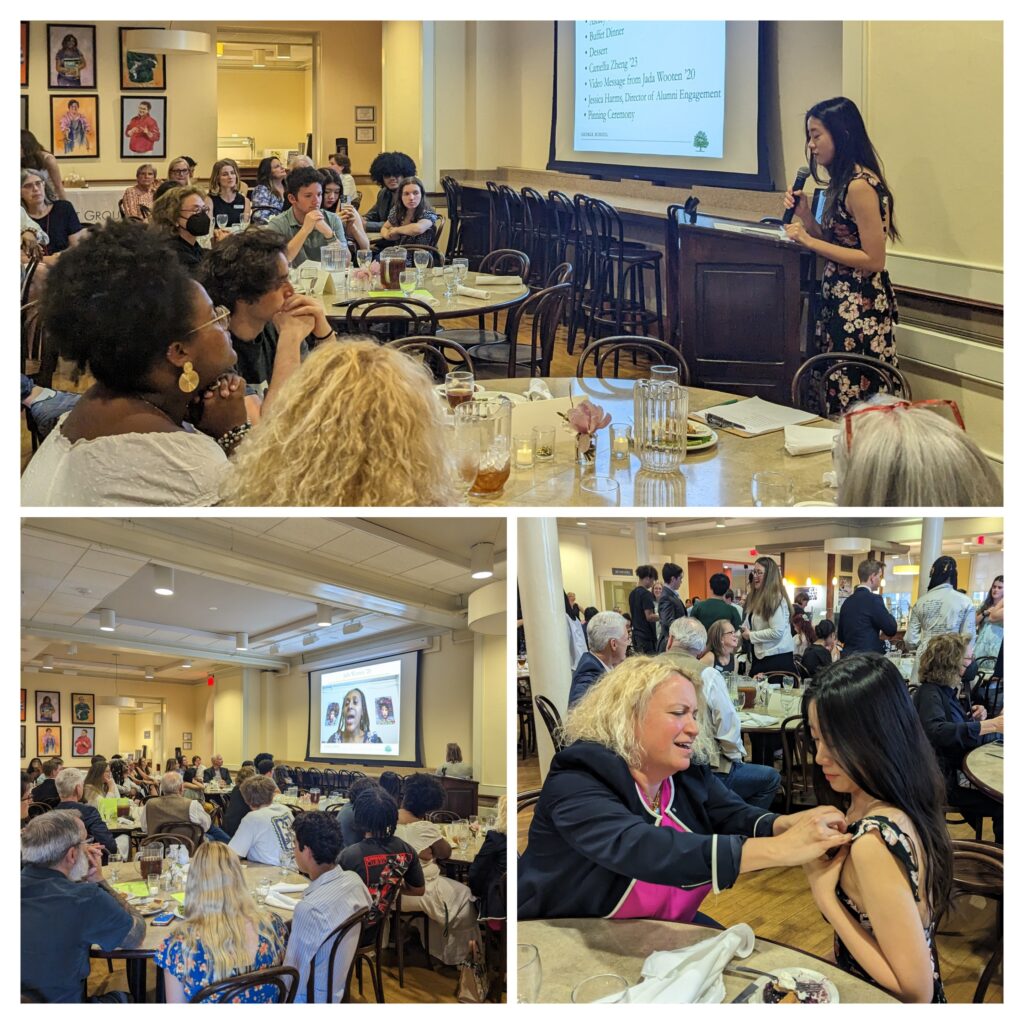




 Monastir, Tunisia, and Amman, Jordan
Monastir, Tunisia, and Amman, Jordan Irvine, CA
Irvine, CA Feasterville-Trevose, PA
Feasterville-Trevose, PA New Hope, PA (Previously NYC)
New Hope, PA (Previously NYC) Richboro, PA
Richboro, PA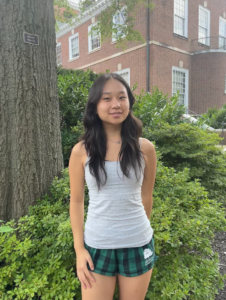 Englewood, NJ
Englewood, NJ Ningbo, Zhejiang, China
Ningbo, Zhejiang, China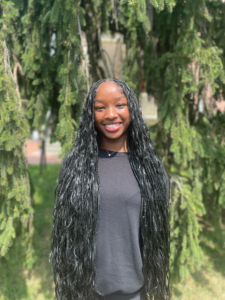 Willingboro, NJ
Willingboro, NJ Yardley, PA
Yardley, PA Newtown, PA
Newtown, PA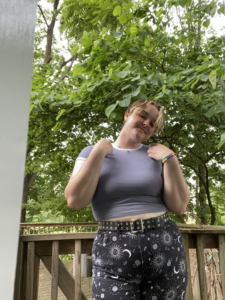 Holicong, PA
Holicong, PA Newtown, PA
Newtown, PA Hamilton, NJ
Hamilton, NJ Yardley, PA
Yardley, PA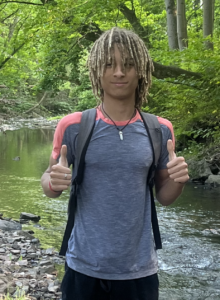 Lambertville, NJ
Lambertville, NJ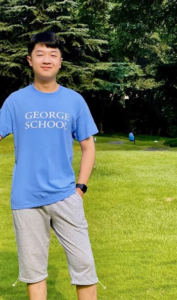 Chongqing, China
Chongqing, China Pennington, NJ
Pennington, NJ Yardley, PA
Yardley, PA Bensalem, PA
Bensalem, PA Borgota, Colombia
Borgota, Colombia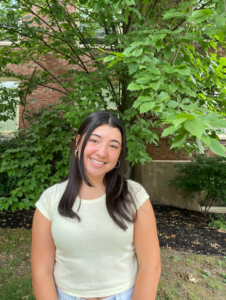 Newtown, PA
Newtown, PA Burlington, NJ
Burlington, NJ Langhorne, PA
Langhorne, PA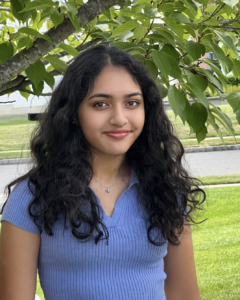 Princeton, NJ
Princeton, NJ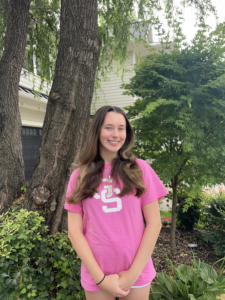 Langhorne, PA
Langhorne, PA New York City, NY
New York City, NY New Hope, PA
New Hope, PA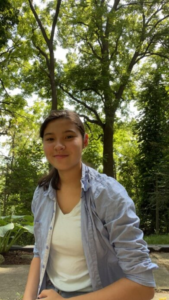 St. Catharines, Ontario, Canada
St. Catharines, Ontario, Canada Providenciales, Turks and Caicos Islands
Providenciales, Turks and Caicos Islands Willingboro, NJ
Willingboro, NJ Princeton, NJ
Princeton, NJ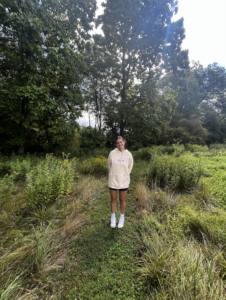
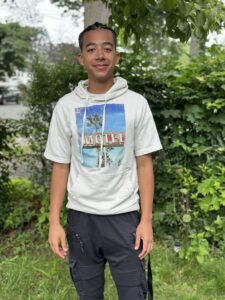 Newark, NJ
Newark, NJ Trenton, NJ
Trenton, NJ Newtown, PA
Newtown, PA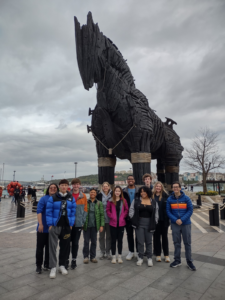
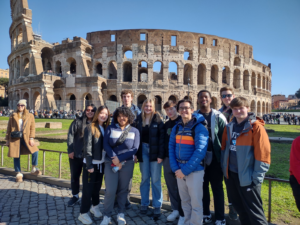
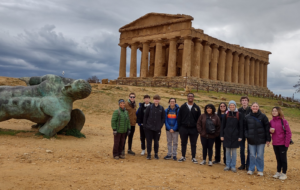




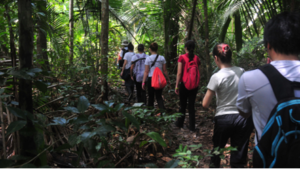
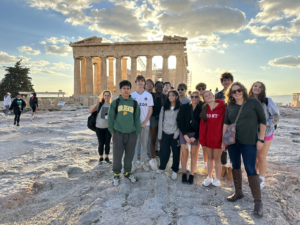
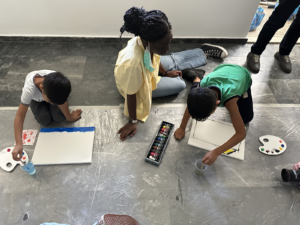
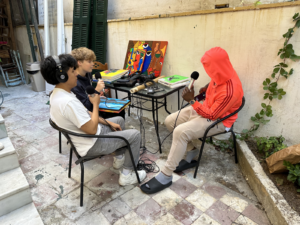

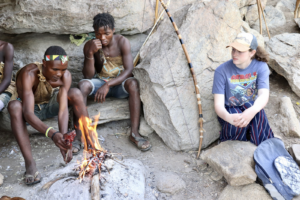
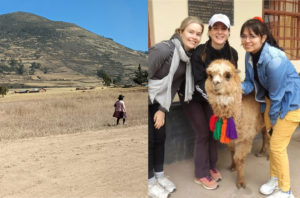




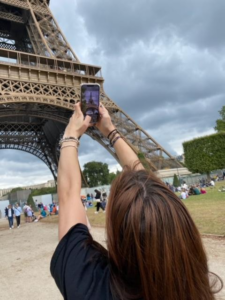
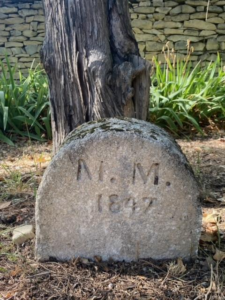
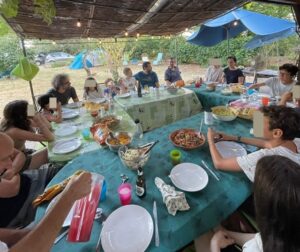
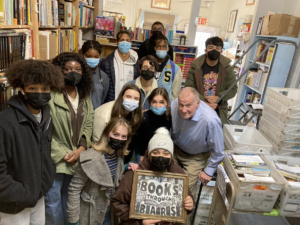
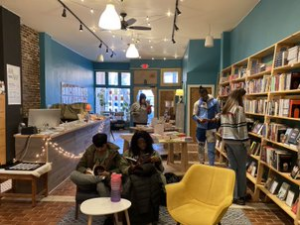
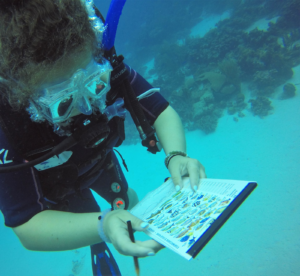
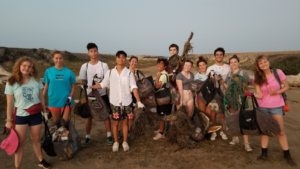

 Lawrence, NJ
Lawrence, NJ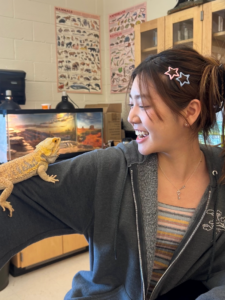 Seoul, South Korea
Seoul, South Korea
 Milwaukee, Wisconsin
Milwaukee, Wisconsin Pennington, NJ
Pennington, NJ Jenkintown, PA
Jenkintown, PA Ottsville, PA
Ottsville, PA Yardley, PA
Yardley, PA Providenciales, Turks and Caicos Islands
Providenciales, Turks and Caicos Islands Hopewell, NJ
Hopewell, NJ
 Pottstown, PA
Pottstown, PA Playa del Carmen, Quintana Roo, México
Playa del Carmen, Quintana Roo, México Shanghai, China
Shanghai, China Beijing, China
Beijing, China Yardley, PA
Yardley, PA Beijing, China
Beijing, China Holland, PA
Holland, PA Langhorne, PA
Langhorne, PA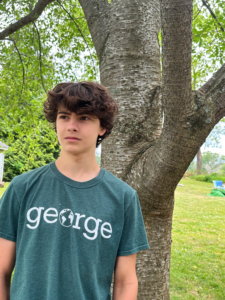 Ringoes, NJ
Ringoes, NJ New Hope, PA
New Hope, PA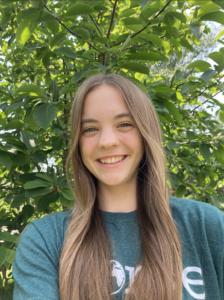 Dreshner, PA
Dreshner, PA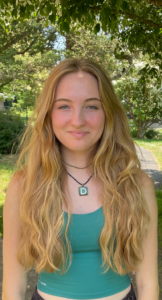 Yardley, PA
Yardley, PA Yardley, PA
Yardley, PA PA
PA


 Xi’an, China
Xi’an, China
